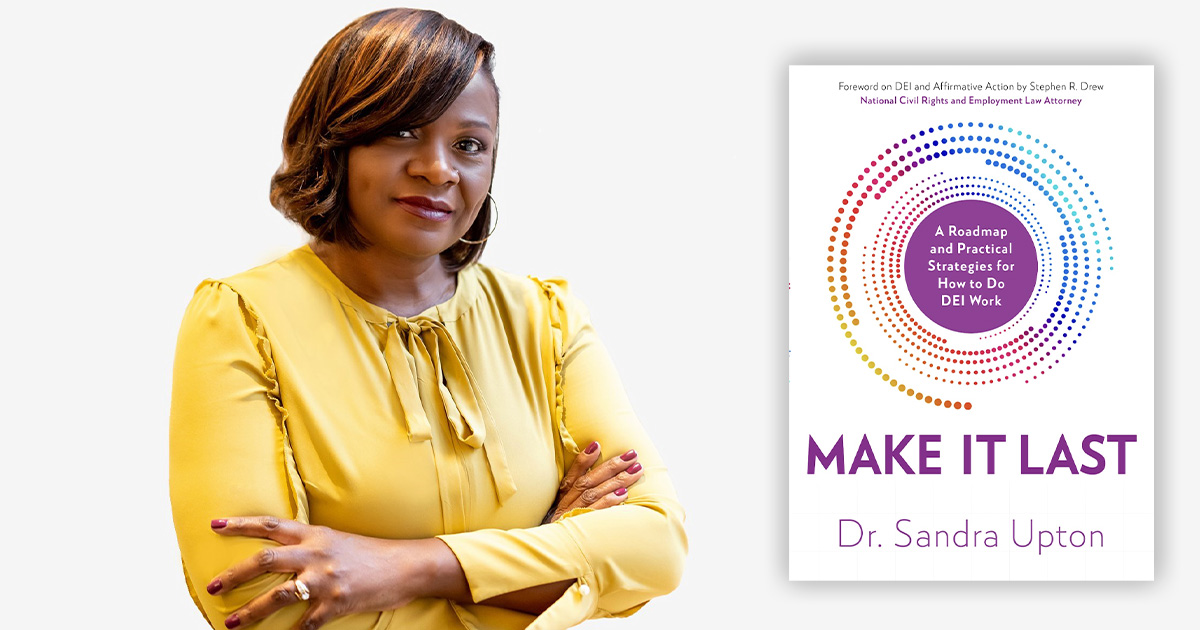A better sex life during menopause comes down to talking about "you and me."
Let's address the huge hot-flashing elephant in the room:
Every woman experiences menopause.
Before you run away, screaming ... "Menopause" is not a scary word. Menopause is a natural process. It happens to every woman. Does that make it a fun process? Not really.
But it doesn't have to be as unattractive as we've made it out to be.
"Our beliefs about menopause—and any major life transition—are powerful," said Justine Braford, LMSW, Counseling Associates of West Michigan. "When a person comes to me with the complaint of lower libido due to menopause, I first explore what menopause means to her. What is the narrative she was told about sex after menopause and middle adulthood?"
Libido, aka sexual desire or the urge for some afternoon delight, isn't necessarily lower during menopause. At least, it doesn't have to be—and shouldn't be. For those with children, menopause often coincides with empty nesting. "The entire home is your playground, with ample opportunity to try new places, new positions and new times of day," said Nisha McKenzie, PA-C, IF, CSC, Grand Rapids OB/GYN and Director of the Center for Women's Sexual Health.
Yet menopause isn't a disgraced word for no reason. The physical changes accompanying menopause due to hormone fluctuations can make daily life uncomfortable, let alone sex life.
"Think of insomnia and night sweats, leading to daytime and evening fatigue and frustration," McKenzie said. "Weight changes can lead to negative body image and an aversion to being naked or touched. Mental fog and mood swings can be frustrating and alienating. Vaginal dryness can cause pain and discomfort during penetration."
If that doesn't sound sexy to you, then, well ... You're normal.
Physical changes are not solely to blame for the changes of libido, however. In addition to hormone fluctuations, McKenzie notes another key factor: length of relationship.
According to McKenzie, studies have shown that women who are in long-term relationships have higher sexual satisfaction and orgasm more frequently. If problems arise, it's often due to complacency.
"Being human means that our brains have the capacity to be imaginative. I believe one reason for that is so that we can keep sex healthy, pleasurable, different and alive as long as we would like. But it takes intention—especially after menopause, when hormones and vaginal dryness may be trying to run interference in our sex lives."
Healthy, good sex is never purely physical, including during menopause. There are emotional and relational aspects involved.
"As a couple, TALK about your sex life," Braford said. "What is going well that you'd like to continue? What is going not so well that you'd like to stop? What is something you're interested in giving a try? Some couples will be more comfortable than others, but just like we make time to clean house, communicate about schedules, go to work and exercise ... We need to set aside time to talk about our sex life, if we'd like to remain active and vibrant."
If you're really stumped, Braford suggests consulting a sex therapist.
"Most couples are able to identify that their relationship is full of strengths and resiliencies. I encourage the application of existing areas of strength to their sex life. Are you a playful couple? Be more playful in your sex life. Are you able to adapt to new situations well? Adapt to changing bodies and needs in the bedroom with new positions."
Written by Cassie Westrate, staff writer for West Michigan Woman.




